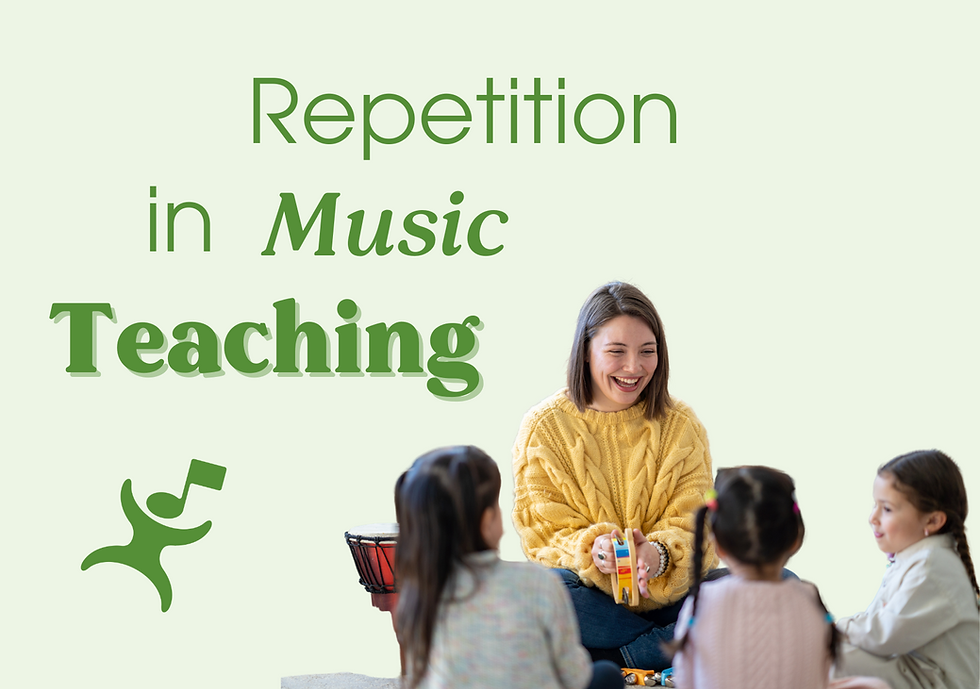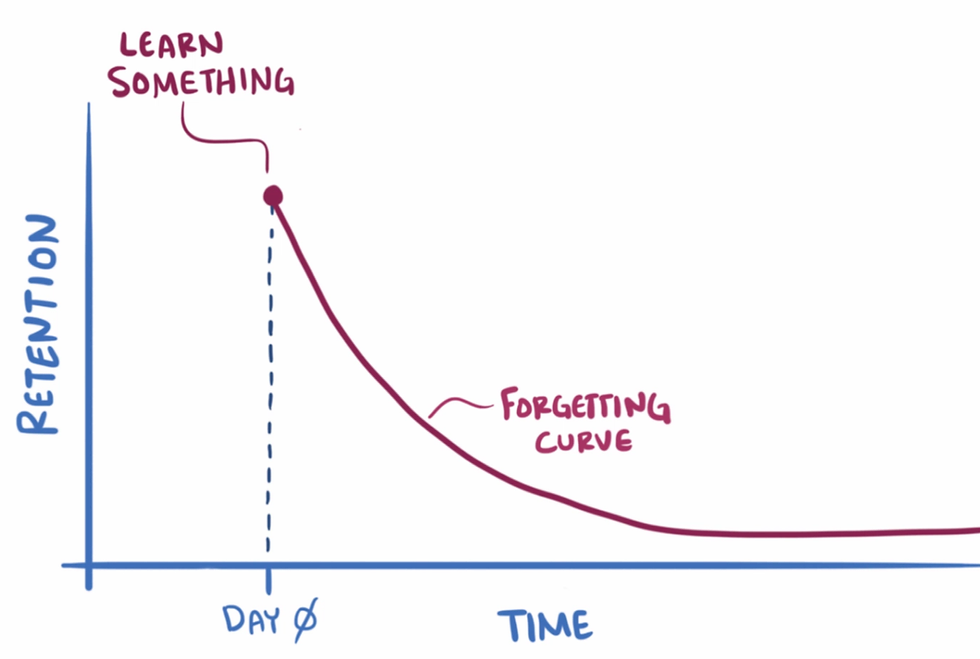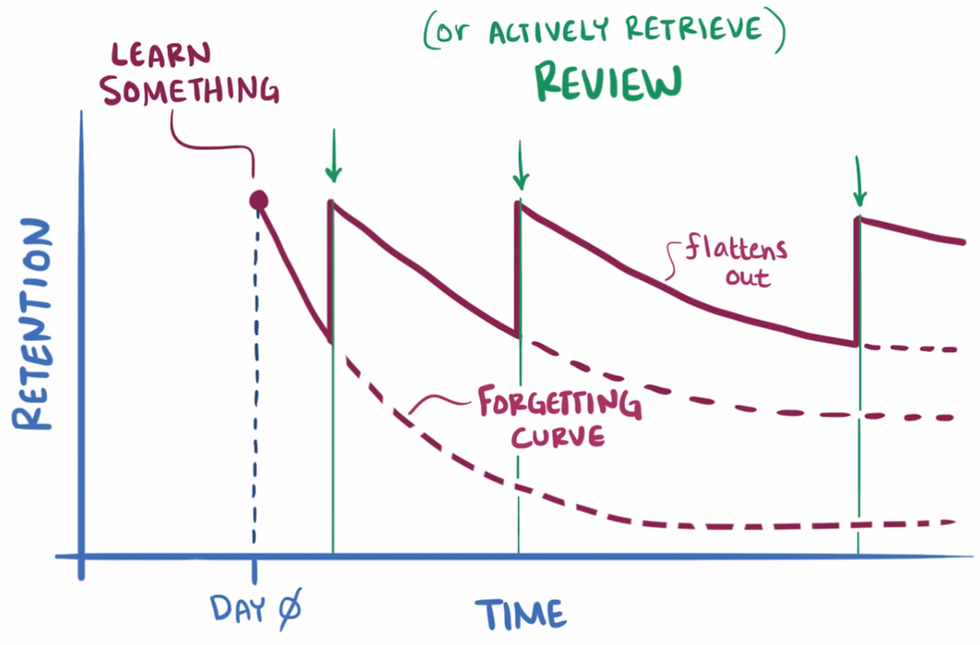
Does your child have a favorite song, story, or movie they request repeatedly? While adults seek new experienc es, children often crave repetition, which strengthens neural pathways and builds long-term memories. Repetition also gives them a sense of power, accomplishment, and belonging.
In music class, it's the same. A new game may bring uncertainty, but with repetition, students become more confident, knowing, "I belong here, I understand this, and I succeed in this class."

Layered repetition
Let's Play Music classes integrate extensive learning through layered content. While we may sing the same song for several classes, each repetition introduces new elements as students gain proficiency.
This approach provides the repetition needed for mastery while subtly incorporating new material. To enhance class time, please listen to the song at home so your child is familiar with it beforehand. Here are some focus areas for the song:
Understand the lyrics and their meanings.
Recognize common melodic patterns and play them on instruments.
Sing using solfege and handsigns, or transpose to different keys.
Focus on the ostinato while singing.
Identify and analyze harmony and chord progressions.
Audiate parts of the song.
Listen for rhythmic details and identify patterns.
Discuss the emotional impact of the song and related movements.
Explore the song's structure and section variations.
Your engagement at home will greatly benefit your child’s learning experience!
The Rule of Seven
In marketing, it's known that prospects need to see or hear a product at least seven times before they take action. This principle applies in music class, where we present multiple songs or games for each concept (like melodic patterns or chord progressions). Experiencing each concept through varied musical examples helps students better recognize and understand the elements.
Spaced Repetition and Memory
When we learn something new, we start forgetting it immediately due to how our brains work. This forgetting curve shows that with each review, the decay of information becomes flatter, allowing us to remember longer.


To optimize learning, we should plan reviews just as students begin to forget. This approach helps us study smarter, not longer. That’s why we sing a new Let's Play Music song or game multiple times in each class, followed by less frequent reviews.
Remember every song

To study smart, use spaced repetition: review information you remember well less often than what you struggle with.
For piano, select songs to review based on how well you remember them, deciding when to revisit each one—tomorrow, next week, or later. Include a new piece in your practice routine alongside a play-through of a memorized song.
Keep a list of your songs to avoid forgetting what you've memorized. The goal is to practice just before you start to forget, gradually increasing the intervals between reviews. This approach helps you retain every memorized song for the long term!
Commenti